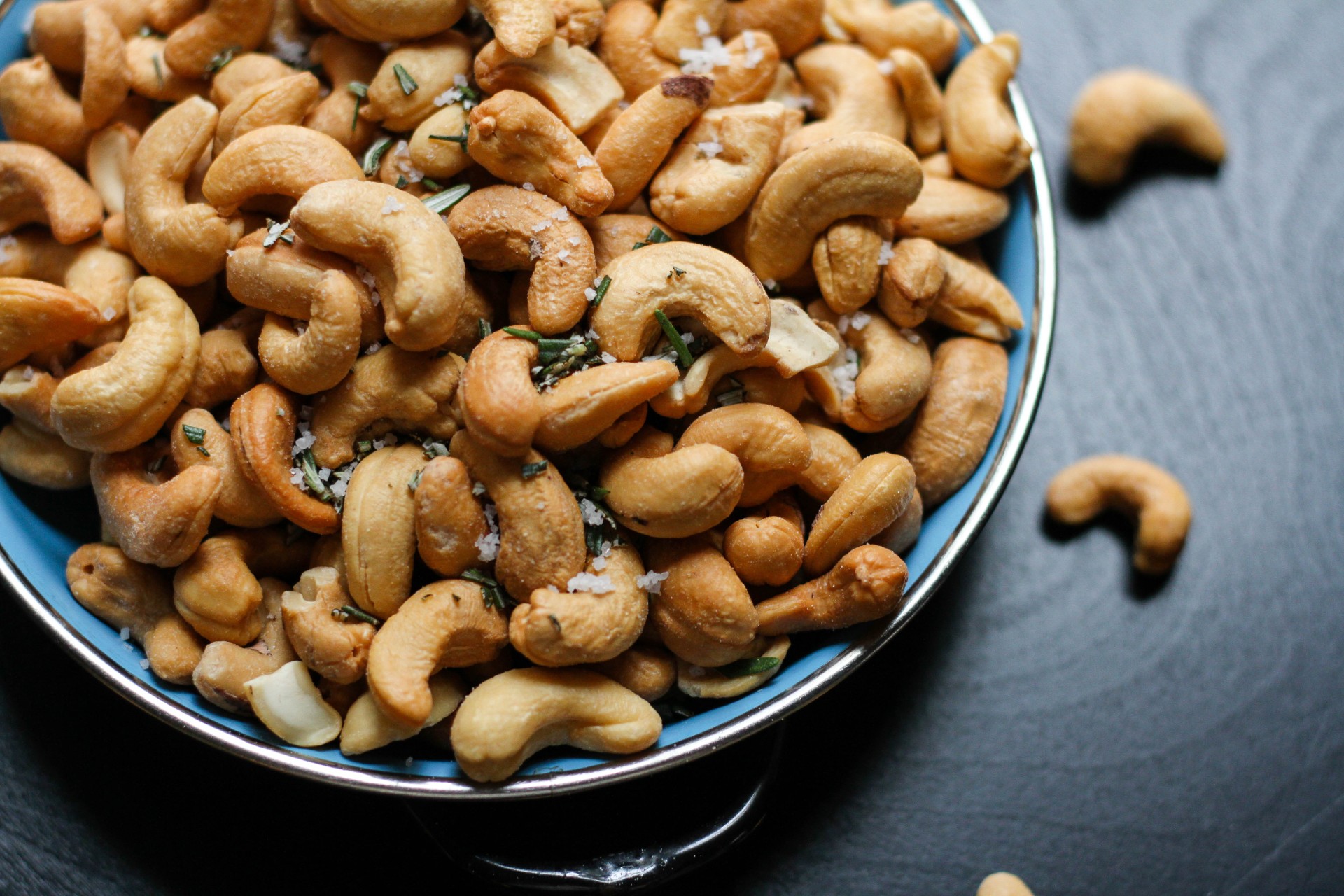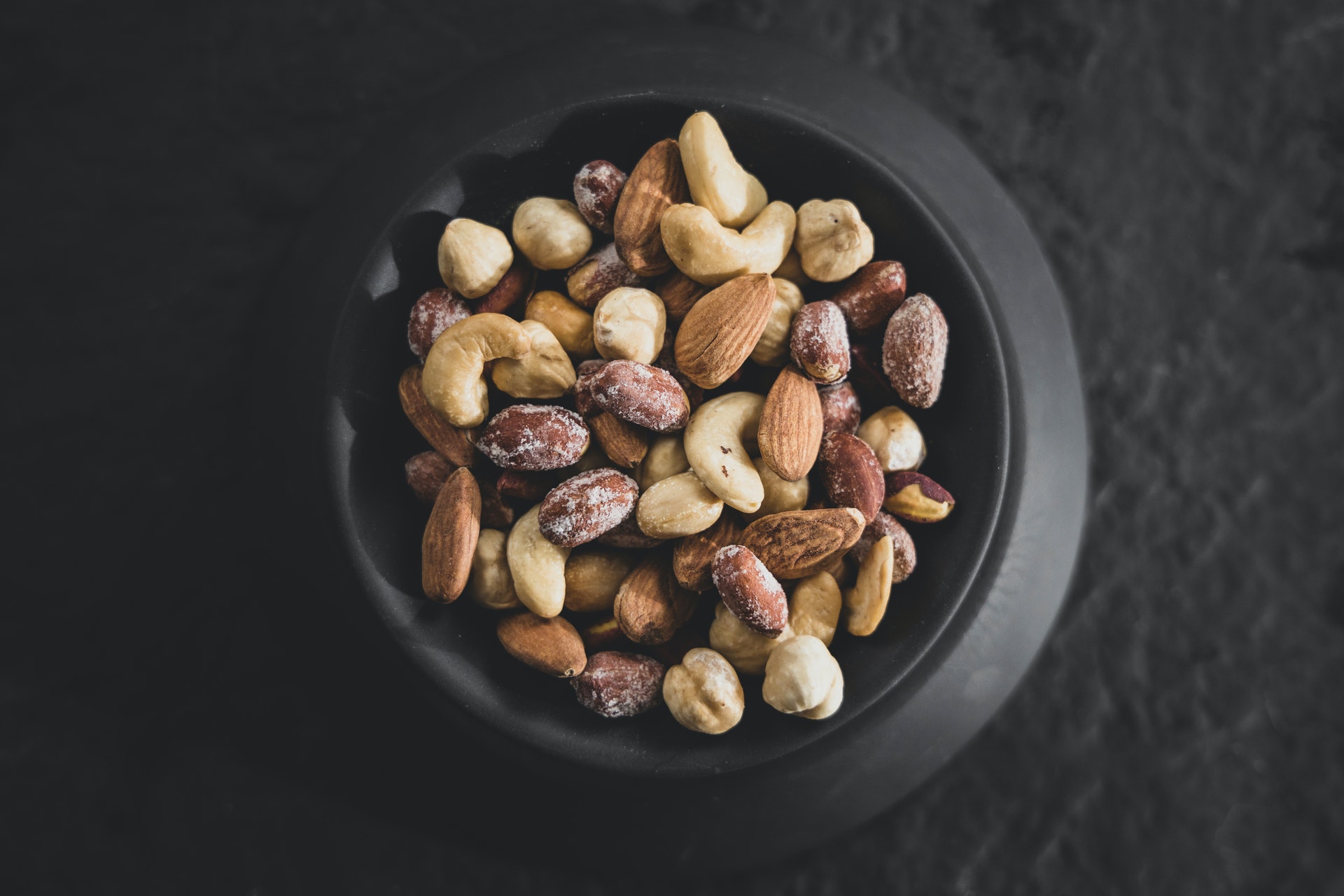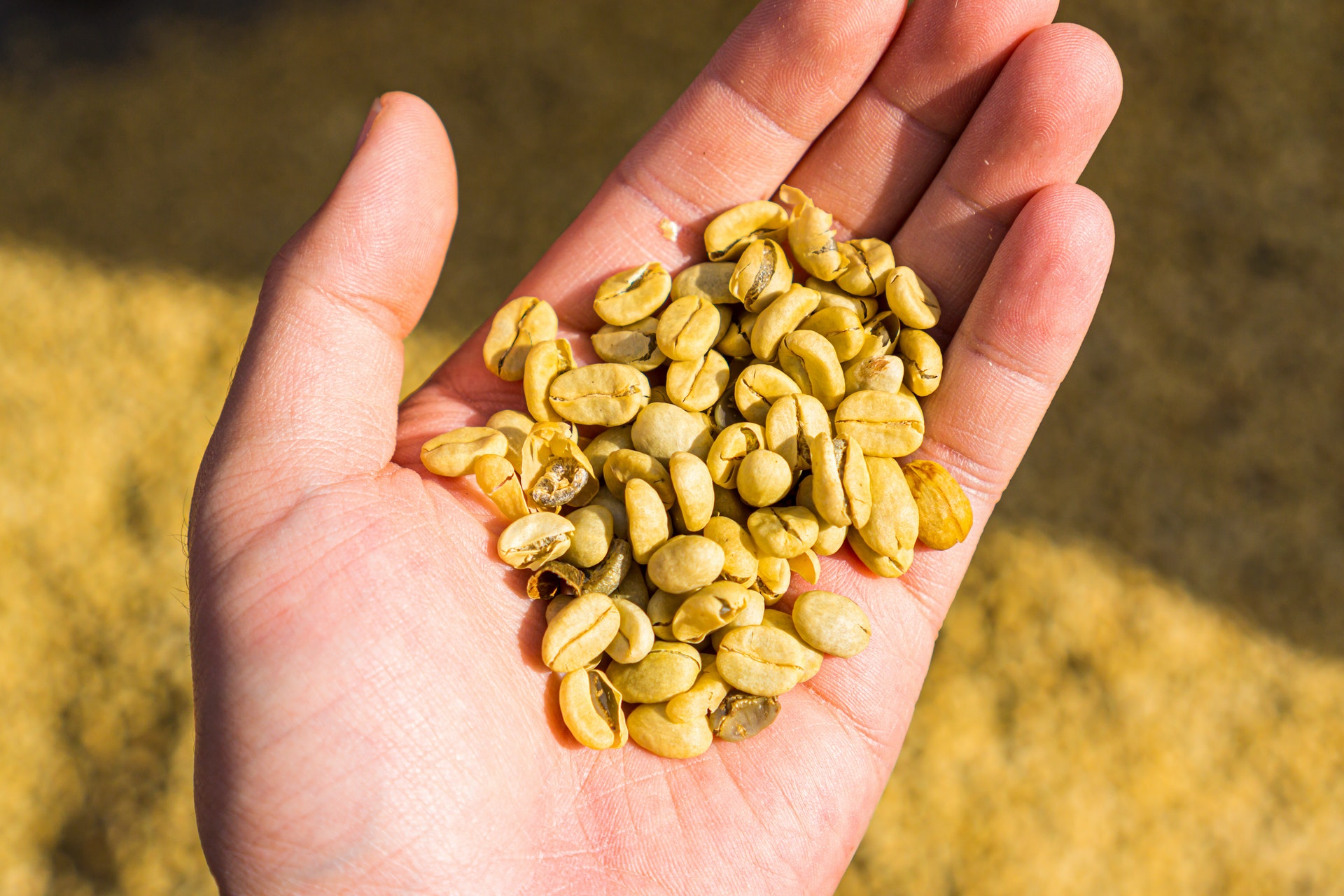Rich in healthy fats, proteins, dietary fibre, vitamins and minerals. Nuts are an ideal snack for the whole family. But what does the research show about which nuts are the most valuable for our health and the best for the environment? Here’s what you need to know if you want to live and eat healthier.
Although nuts are a natural gift from nature and all of them have their own value, the way they are processed and grown varies. For health-conscious people or those who want to eat only natural food, organic nuts are also an option. How are they different from the usual nuts you see on the shelves? Organic nuts, seeds, dried fruit or other products differ from non-organic nuts not only in the way they are processed. Whether a product is organic is determined by the growing conditions and the substances that can be found in that group of products. Nuts grown on organic farms and certified organic must be free from contaminants such as pesticides, heavy metals, radioactive contamination, excess nitrates and synthetic food additives. This is a huge advantage not only for those who want to contribute to saving the environment, control their weight and feel better, but also for those who have children who love nuts and choose them as one of their healthiest snacks.
All nuts are good for you, but it is always a good idea to choose an organic product if possible. Why? They are more nutritious and natural, less processed, less processed. It is particularly important to avoid roasted, salted and sweet nuts with spices in their various shells, as their nutritional value is higher and their benefits much lower. If you want to live a healthy lifestyle, it is important to be aware of how a product is produced, where it is grown and how it is grown.
Nuts are part of every balanced diet. They are rich in good fats and studies have shown that walnuts and almonds, due to their high fibre content, give a feeling of fullness faster than other snacks, so they are suitable for those who want to balance their weight. They are also rich in zinc, magnesium and potassium – minerals that are important for our skin and hair.
There is a wide variety of nuts and we all have our favourites, but which are the most beneficial for the whole family and why?
Walnuts – activate brain activity

Good memory and intellectual abilities are important not only in older age, but also for children and adolescents. In a study from the University of South Australia, researchers found that eating nuts may be the key to better long-term cognitive health. After analysing the diets of 4,822 Chinese people aged 55 and over, the results showed that eating more than 10 nuts a day was associated with better thinking, motivation and memory. People who include nuts in their daily diet can improve their cognitive function by as much as 60% compared to those who do not eat nuts, the study found. Which nuts are most beneficial for brain function? Numerous studies have shown that walnuts are the best. They are rich in substances that are important for brain function: antioxidants, polyphenols and plant-based omega-3 fatty acids and alpha-linolenic acid.
Cashews for heart health

A study from the National Center for Biotechnology Information suggests that cashews may be beneficial for heart health, and that including them in the daily diet has an impact on cholesterol, stress and vascular health. The Heart Association recommends a weekly intake of four servings of unsalted, unprocessed nuts. Another study published in the New England Journal of Medicine also shows a significant link between nut consumption and lower deaths from heart, cancer and respiratory diseases. Nutrients in nuts, such as unsaturated fatty acids, protein, vitamins, minerals and antioxidants, have anti-inflammatory properties, according to the study.
Cashews are also a good source of healthy fats that help our bodies absorb fat-soluble vitamins (A, D, E and K) and produce fatty acids, which are vital for brain and blood clotting. Including unsaturated fats in the diet increases good cholesterol and can lower blood pressure. The main sources of unsaturated fats are cashew nuts and vegetable oils.
Almonds and hazelnuts – antioxidants that boost immunity

As well as being an ideal dessert ingredient, these nuts are also a source of alkaline substances that boost the immune system. They are also rich in vitamin E, an antioxidant responsible for the health of our skin and protecting against free radicals. Almonds are rich in healthy fats, protein and magnesium, which help fight depression, can help lower blood sugar, blood pressure and cholesterol levels and are ideal for weight loss, as they give a feeling of satiety.
Hazelnuts are rich in vitamins and minerals that are powerful antioxidants. Antioxidants destroy the body’s harmful free radicals and help prevent serious illnesses and diseases such as cancer and heart disease. Hazelnuts are an excellent source of vitamin E, which helps fight ageing and disease by reducing inflammation.

